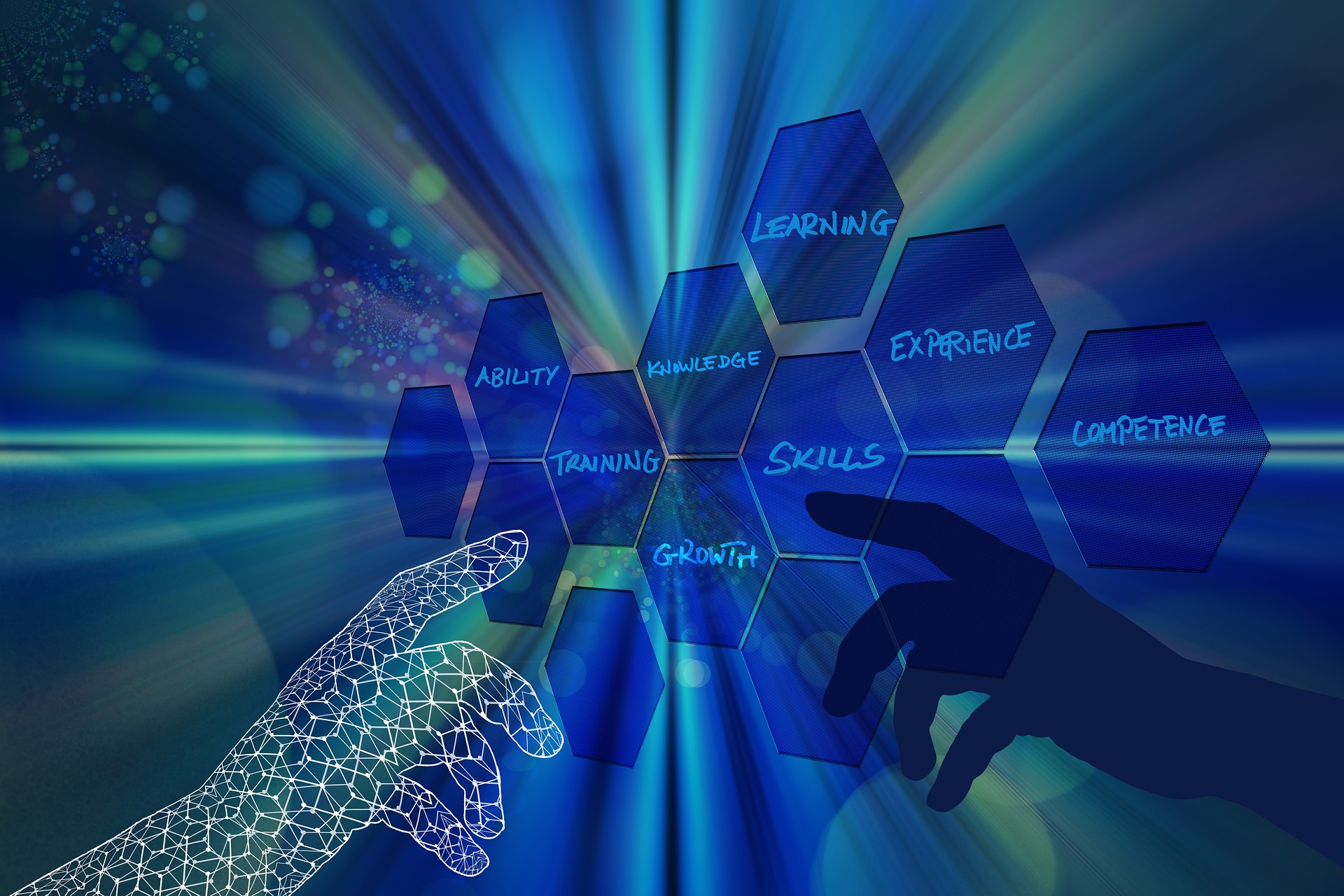Summary
life skills including conflict resolution can help returning citizens reenter society
No matter who you are or what you do you will encounter conflict. Whether it is at work, with friends, family, or strangers, conflict resolution is a valuable tool that everyone needs and uses.

Life skills are necessary for full and successful participation in everyday life. So what are “Life Skills”?
Life Skills are all the things that enable us to interact socially with other people in our community. They are also the skills we use to maintain a roof over our head, a job, and food on our table. Being able to pay bills, get to work on time, listen to other people, and resolving conflicts are a few examples. In this blog series we are going to discuss some “critical social life skills”. Negotiation, Conflict Resolution, Empathy, Listening, and Ability to Explain. Today’s blog is about Conflict Resolution.
CONFLICT RESOLUTION
The biggest challenge in conflicts and conflict resolution is EMOTIONS. We have all been there. A disagreement and the other person seems to be completely unreasonable or offensive and we just lose our cool. Yet it never ends well that way but it can be so hard to remain calm and control ourselves especially if the other person loses their cool too. So what can we do?
There is lots of advice out there on how to control emotions but one of the keys to emotions and conflict resolution is to always have an plan. You can plan ahead for resolving a conflict and decide when and how you would end it and walk away if you cannot meet your goals, or have a generic plan for those unexpected conflicts we all encounter in life. The key is to HAVE A PLAN. Especially for the unexpected conflicts which can be the most upsetting. Whether it is saying I need some time to think about this, walking away, taking deep breaths, or praying. You would be surprised how just starting to pray can calm the other person down or give them pause to think about things from your perspective. Whatever you come up with, have a plan.
An example of an unexpected conflict you can plan for is a car accident. Most people never think it is their fault so of course there usually will be a conflict. One plan is remembering that it does not matter what the drivers say to each other. It will have zero effect on the outcome. What is communicated to the cops, insurance company, or in a courtroom is what matters. So you can plan to not argue with another driver no matter how insulting they are, irrational, or what stupid thing they did while driving. What is done is done. Now let them be stupid to the cops, insurance company, or in a courtroom. Let them think everything they did was right and deal with cops or insurance company sorting it out. Even if you made a mistake, nothing you say to the other driver will help with insurance or cops. Just exchange information and leave it at that.

Remember that conflict resolution is about resolving a conflict, not beating the other person down and winning an argument. If your position is right, then calmly give the reasons why and ask questions that help the other person think like you do. It is all about convincing the other person to see things from your perspective when they start out only wanting to see it from their position. It helps if you try to see things from their position too. In this way you may better understand their position and even why they are wrong but do not understand it. Telling someone they are wrong is not even close to as effective as leading them to understand why they are wrong. Get them thinking not arguing.
Mediation is another tool for conflict resolution. Ask someone unbiased to listen to both sides and help develop a resolution. It doesn’t even have to be just 1 person, but decide on that before you begin mediation otherwise you decrease the value of it if you keep asking for someone different to mediate.
Look for our other blogs in this Life Skills series including
“Negotiation”, “Conflict Resolution”, “Empathy”, “Listening”, & “Ability To Explain”.

